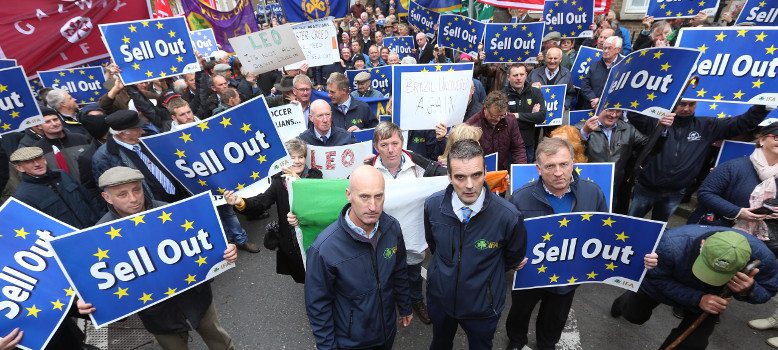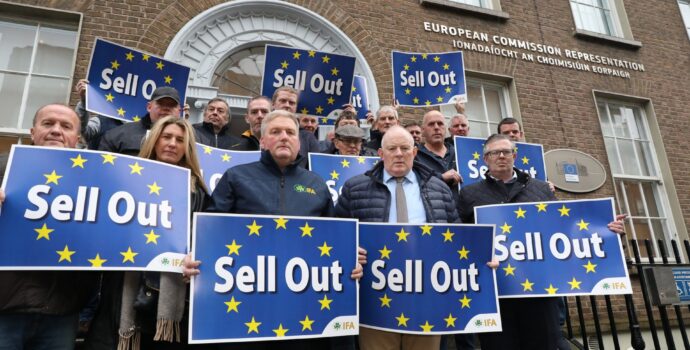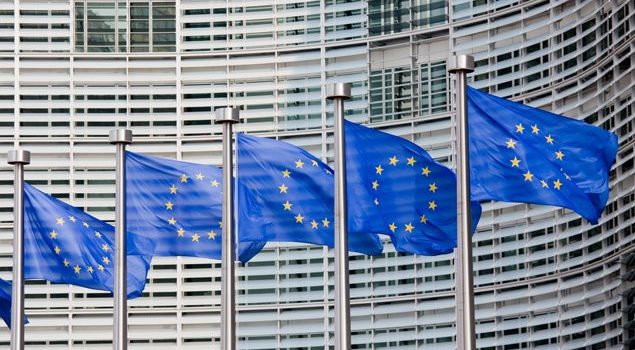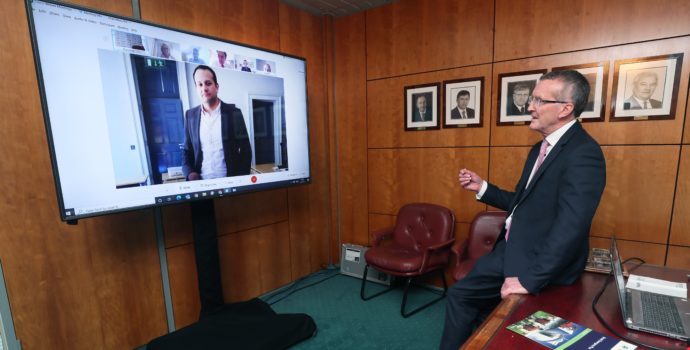EU Commission Must Question Credibility of Brazil in Mercosur Negotiations

With plans to reconvene the EU and Mercosur negotiations in Brussels in two weeks’ time, IFA President Joe Healy said the EU Commission has to seriously question the credibility of continuing negotiations with the Brazilian government, which has to come to the end as elections are due later this year.
Joe Healy said the EU Commission cannot ignore the reports from Brazil which suggest that the current Brazilian Government no longer has the necessary support and President Temer faces a number of serious questions and accusations made by the General Prosecutor.
He said the political set up in Brazil, which the EU Commission is trying to negotiate a Mercosur deal with, is marred in the most serious allegations of corruption and fraud. He said this is no basis to agree a trade deal and the EU Commission should withdraw from the process.
The IFA President said the delegation from the European Parliament Agriculture Committee which visited Brazil in the last week needs to be very strong at highlighting the failure of Brazil to meet EU standards on all of the major issues around traceability, food safety, animal health and welfare controls, including foot and mouth disease, the environment and labour standards.
Joe Healy said the reality of the situation on the ground in Brazil is that they do not tag or register their cattle, they have no national database and there is no proper movement control system. As a result, they have a complete lack of standards and controls around animal health and food safety and little or no controls on animal welfare. “I hope the European Parliament delegation travelled deep enough into the countryside to see the damage and scale of the Amazon rainforest burning and destruction in Brazil. It is very important that the MEPs report on this environmental degradation and also on the lack of labour standards and conditions in Brazil.”
The IFA President said the EP delegation must also report on the status of the investigation by the Brazilian Federal Police into serious fraud and corruption in the meat processing sector in Brazil and outline their views on the exposure of the European consumer and the EU agriculture sector from Brazilian meat imports, which fail to meet EU standards.



